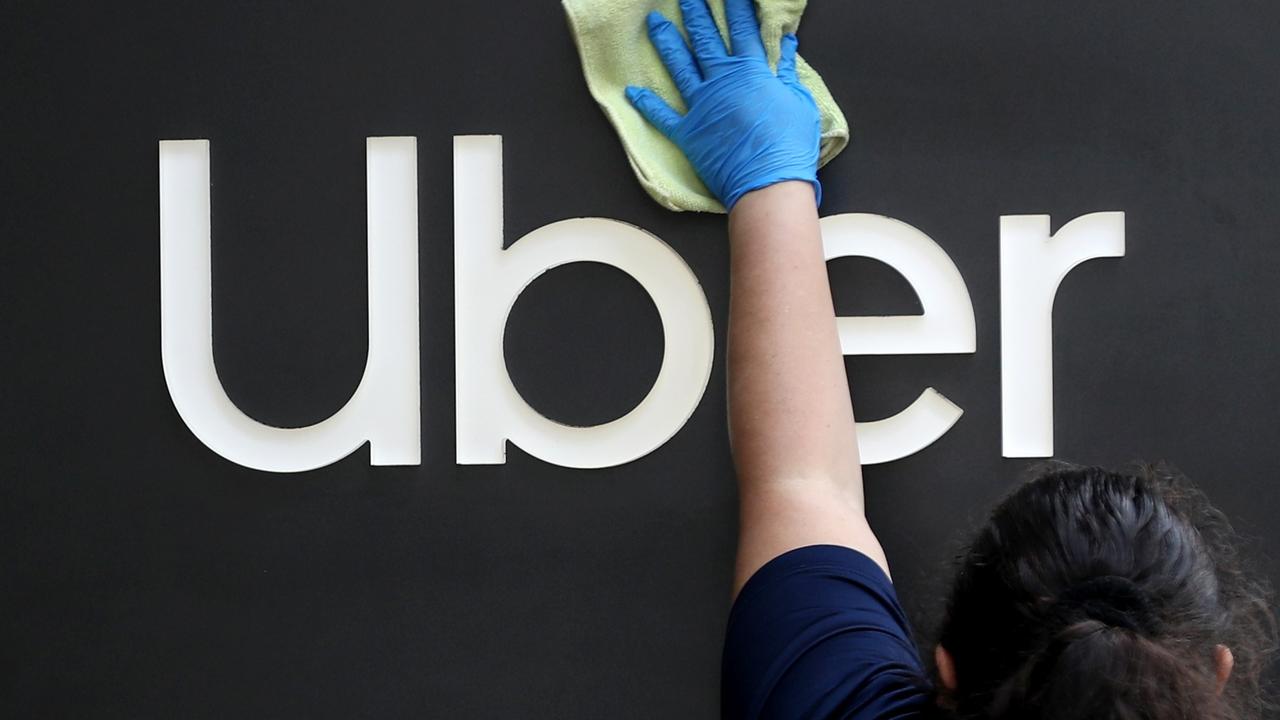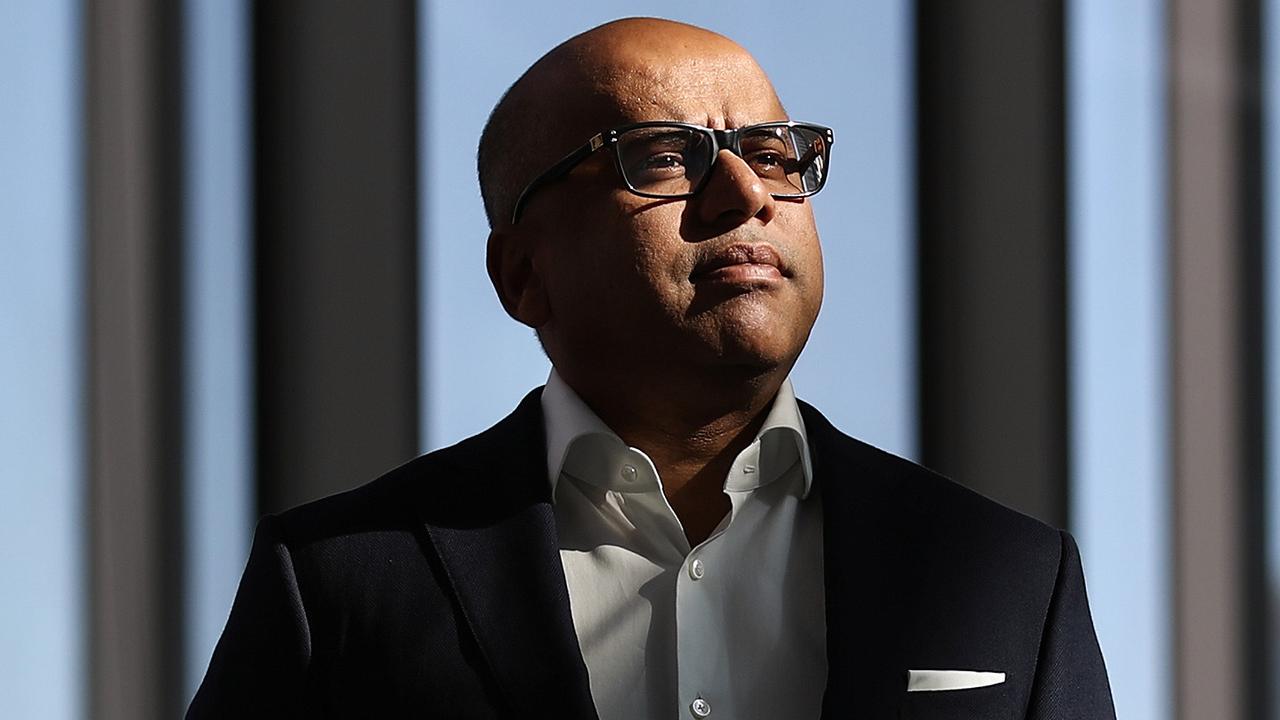Uber lawyers confirm it used spyware against competitor GoCatch
Uber admits it used spyware against a competitor but denies the way in which it obtained contact details its drivers resembles a break and enter.

Business
Don't miss out on the headlines from Business. Followed categories will be added to My News.
Uber has admitted to using spyware to gain an advantage against a competitor backed by James Packer, claiming it believed the practice was “not honourable but lawful”.
The US rideshare giant’s lawyers have argued the company’s use of spyware was not the equivalent of “breaking and entering” an unlocked home, but rather uncovering missing text with “lemon juice” and a “candle”.
Taxi Apps (GoCatch) is suing Uber, alleging serious misconduct that includes corporate espionage, hacking of competitor systems and knowingly launching UberX illegally in Australia without regulatory approval.
GoCatch had impressed several significant Australian investors including Mr Packer, venture capital fund Square Peg and Alex Turnbull, the investment banker son of former prime minister Malcolm Turnbull.
Uber’s lawyers have rejected claims that its actions were similar to “break and enter”, with John Sheahan KC arguing the data retrieved was effectively hiding in plain sight.
“Uber’s internal view was that it was lawful. Not honourable, but lawful,” Mr Sheahan said on Wednesday about the company’s use of a spyware known as Surfcam.
Surfcam was a technology developed by Uber employee Matt Roberts in Sydney in 2015.
The software was able to scrape GoCatch’s system for a project Uber at the time described as “competitive intelligence”.
Evidence before the court shows Uber had used the technology to spy on four companies across 21 cities as of May 22, 2015.
Mr Sheahan said the way in which GoCatch sent data from its systems to customers’ devices effectively made its drivers’ data non-confidential. “The short point, it might be a good one, it might be a bad one, but the short point is this: the information cannot have the quality of confidentiality as GoCatch sends it to their customers’ devices,” he said.
“The metaphor is not the house is burgled as the door was left open; the metaphor is you have a letter, half of which is written in lemon juice, wave it over a candle to warm it up and the missing text appears.”
Uber is not denying that it retrieved GoCatch data, only that it did not obtain as much as GoCatch suggested. “We have admitted that we obtained the driver information name and contact numbers but not the other information,” Mr Sheahan said.
On Tuesday the Victorian Supreme Court heard that former Uber boss David Rohrsheim wrote in an email to community manager Oscar Peppit that Surfcam was “very clever stuff” and “something we must never talk about to anybody outside Uber”.
“It’s kosher, but wouldn’t look good in public. Remember we do lots of cool stuff at Uber that we can’t boast about,” the email read.
Uber has also attempted to prove to a court that its service was different to taxis and therefore it did not affect GoCatch’s ability to connect customers to a taxi.
In doing so, Mr Sheahan has lent into the mechanics of its platform, arguing Uber should not bear responsibility for the failure of ride-share competitors.
“A taxi driver with an app has the choice of taking work of other kinds, in particular, not just from other apps, not just from the network service provider but rank and hail,” he said.
“The estimates vary but typically it’s around 70 per cent of the taxi drivers work rank and hail and during peak times they have little incentive to take a booking because they just have to go to the CBD and there’s a flood of people going out to the suburbs or the airport or vice versa.”
That choice was vastly different to rideshare drivers who were limited to a single app, the court was told. “Ridesharing drivers, by contrast, are wholly dependent on a rideshare app for their work,” Mr Sheahan said.
Lawyers for GoCatch have argued that Uber’s illegal launch, almost two years before its own regulated launch, gave Uber a significant market advantage.
But Uber has argued that being first to market doesn’t always mean a service would win, citing a failed US rideshare company app that beat Uber to the punch in some US cities.
Originally published as Uber lawyers confirm it used spyware against competitor GoCatch








